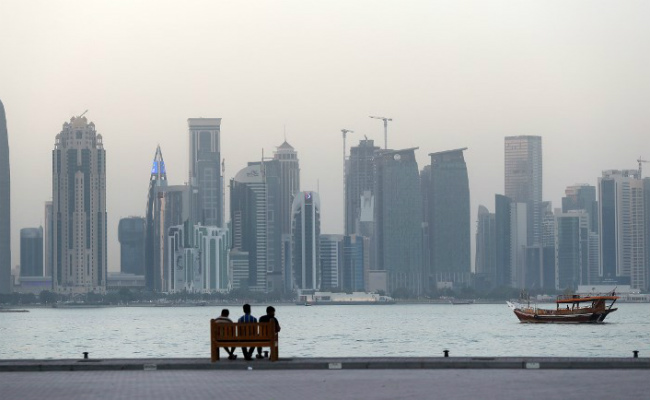Paris, al-Dammam – The crisis with Qatar and the four Arab states is still ongoing and Saudi Arabia provided on Thursday further evidence of Doha’s antagonism against it.
It revealed that Qatar has been operating over 23,000 Twitter accounts to stoke strike and a revolt in the Kingdom.
“We found over 23,000 Twitter accounts driven by Qatar, some of them linked to accounts calling for ‘revolution’ in Saudi Arabia,” Information Minister Awwad Saleh al-Awwad told AFP during a visit to Paris.
“This is a matter of national security,” he added, while saying that Qatar’s al-Jazeera satellite television is spreading messages of hate.
“Al-Jazeera is a platform for terrorism, starting from bin Laden to al-Qaradawi. It is only normal that it be shut down. The channel and those working for it should be held accountable,” demanded the minister.
According to al-Awwad, Qatar had called through the Twitter accounts for demonstrations to be staged in Saudi Arabia on April 21 and June 2. Those calls however have failed, he said.
An aide at the Saudi Royal Diwan, Saud al-Qahtani revealed on Thursday that the concerned authorities tracked over 23,000 fake Twitter accounts that can traced back to Qatar.
The accounts sought to create spite between the official authorities and the citizens, spark doubts and encourage a rebellion against the general system, he said.
“A concerned team studied the sources of the tweets and found out the 32 percent of them were made from Qatar, 28 percent from Lebanon, 24 percent from Turkey and 12 percent from Iraq,” he noted.
Meanwhile, Qatar has raised its rhetoric, refusing the demands of Saudi Arabia, Bahrain, the United Arab Emirates and Egypt.
These four countries had severed their ties with Qatar in early June over its support for terrorism. They had made a list of demands to Doha in order to end the boycott, which Qatar had leaked to the media.
The demands included halting the financing of international terrorist networks and taking decisions that are in line with its Arab and Gulf surroundings.
